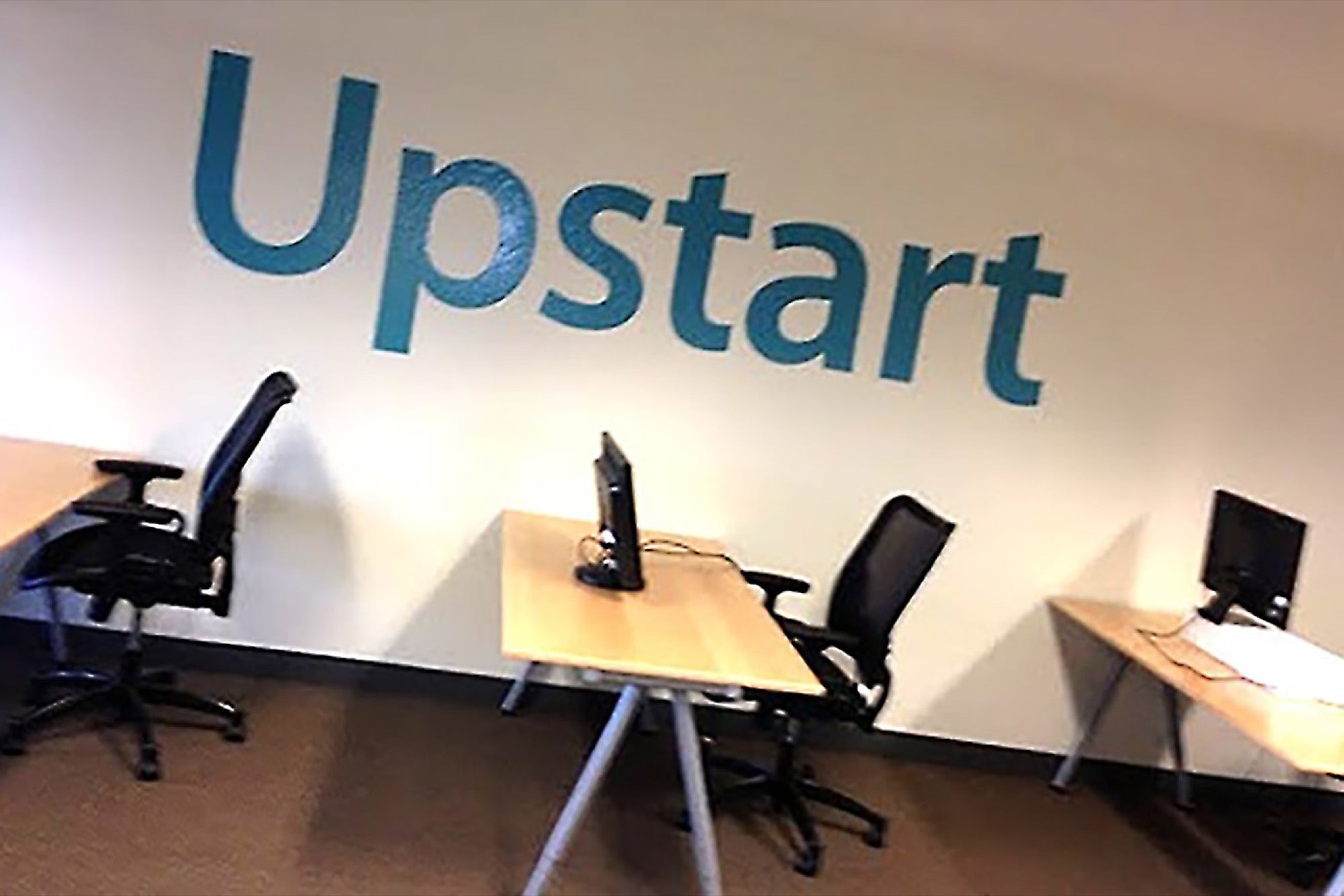New Crowdfunding Site Predicts Future Earnings A new financing platform lets aspiring 'treps sell equity in themselves.
Opinions expressed by Entrepreneur contributors are their own.

It used to be that entrepreneurs needed a business plan to raise capital. But a handful of new crowdfunding sites let investors back hopeful entrepreneurs who show potential, even if they don't have a business idea yet. Upstart is one of them.
Launched in November by former Google employees Dave Girouard and Anna Mongayt and Thiel Fellow Paul Gu, Upstart utilizes an algorithm that draws on the academic and professional experience of aspiring entrepreneurs or upstarts to predict their future earnings. Interested accredited investors can then fund those wannabes in exchange for a percentage of their income over the next decade. "The theory is that $20,000 or $30,000 today can have a huge impact on their career and be much more valuable to them than it will be in 20 or 30 years," says Girouard, Upstart's CEO.
So far, backers have invested $1.3 million in upstarts through the site, which features more than 100 upstart and 160 backer profiles. Upstart collects 3 percent of the money entrepreneurs raise on the site and charges backers 0.5 percent of the amount they invest annually.
Upstart backers tend to be individuals who have had entrepreneurial success and want to give back by helping young people pursue their career dreams. "It is an investment in the person and your belief in the potential of the person more so than any particular idea that they have today," Girouard says. "We view it not necessarily as a newfangled loan, but more like a social network than a bank."
Girouard estimates that 70 percent of the site's upstarts already are working on a business idea. We spoke with him about how it works.
What are the requirements for upstarts?
Today--and this is not forever--you have to have graduated or be graduating from either an undergraduate or a graduate program sometime between 2008 and 2014. It doesn't matter what age you are, as long as you're at least 18. And you have to be a U.S. citizen.
We do an identity check and a credit score check. Most young people don't have a lot of credit history, but we do look for real problems where they have an enormous amount of debt already or a lot of credit challenges. They also submit their school transcripts. If they've had internships or job offers, they can send those to us, too. We verify the factual aspects of their past. There are cases where somebody's really just being sloppy and putting a half-baked effort into creating a profile. We probably accept about 30 percent of submissions.
How are loan amounts determined?
We statistically predict your income over 10 years, then we give you what we call a funding rate. The funding rate says that for every 1 percent of your income you share with your backers, you can raise X dollars. So a sweet spot might be $7,000. If you would like to raise $20,000, that's 2.9 percent of your income you would need to commit. You cannot offer more than 7 percent--that's the cap.
How are loans repaid?
It's a fixed fraction of your income for 10 years. If you have a year in which you earn $30,000 or less, you don't have to pay anything, but your term extends a year, up to a maximum of 15 years. There is a cap: You can never pay back more than five times what you raised. We didn't want to make this the hunt for the next Mark Zuckerberg. That's not what Upstart is about.
What is the range of funding given?
Unlike Kickstarter, if you said you want to raise $20,000, you don't need to get all the way to $20,000. You have to get to at least $10,000--that's the minimum funding on Upstart. Commonly, the average ask is in the $35,000 to $40,000 range. The average net--what they actually get--is more like $25,000.
Any tips for hopeful upstarts?
We always tell people that photos of you looking like you're working and learning are much better than photos of you sipping an umbrella drink on the beach. And saying you want to change the world is a great thing, but being more specific about what you care about and what impact you want to have is better--even if you don't know exactly what company you might start one day.











